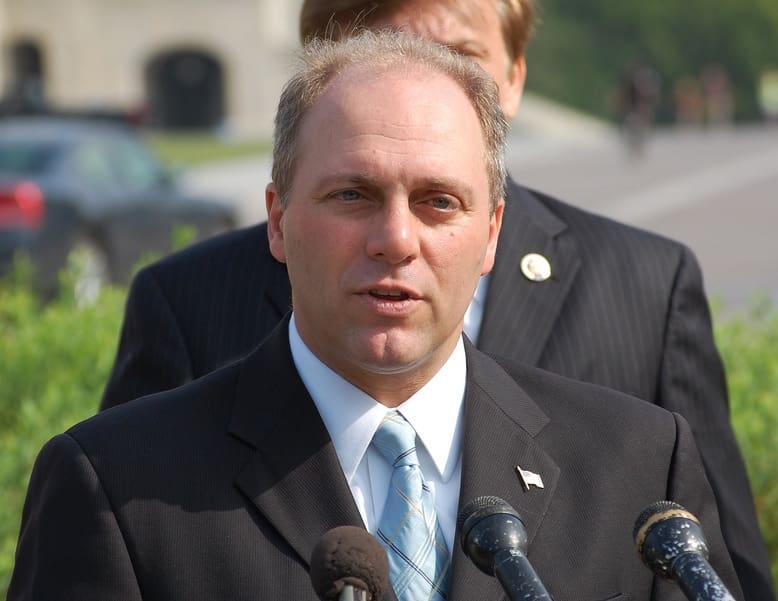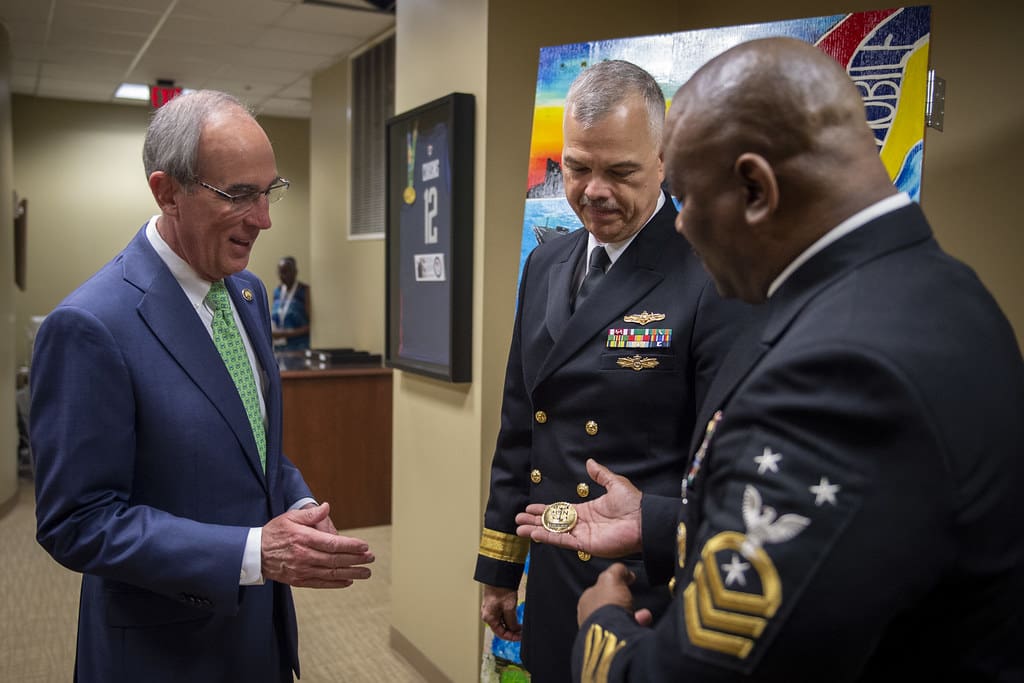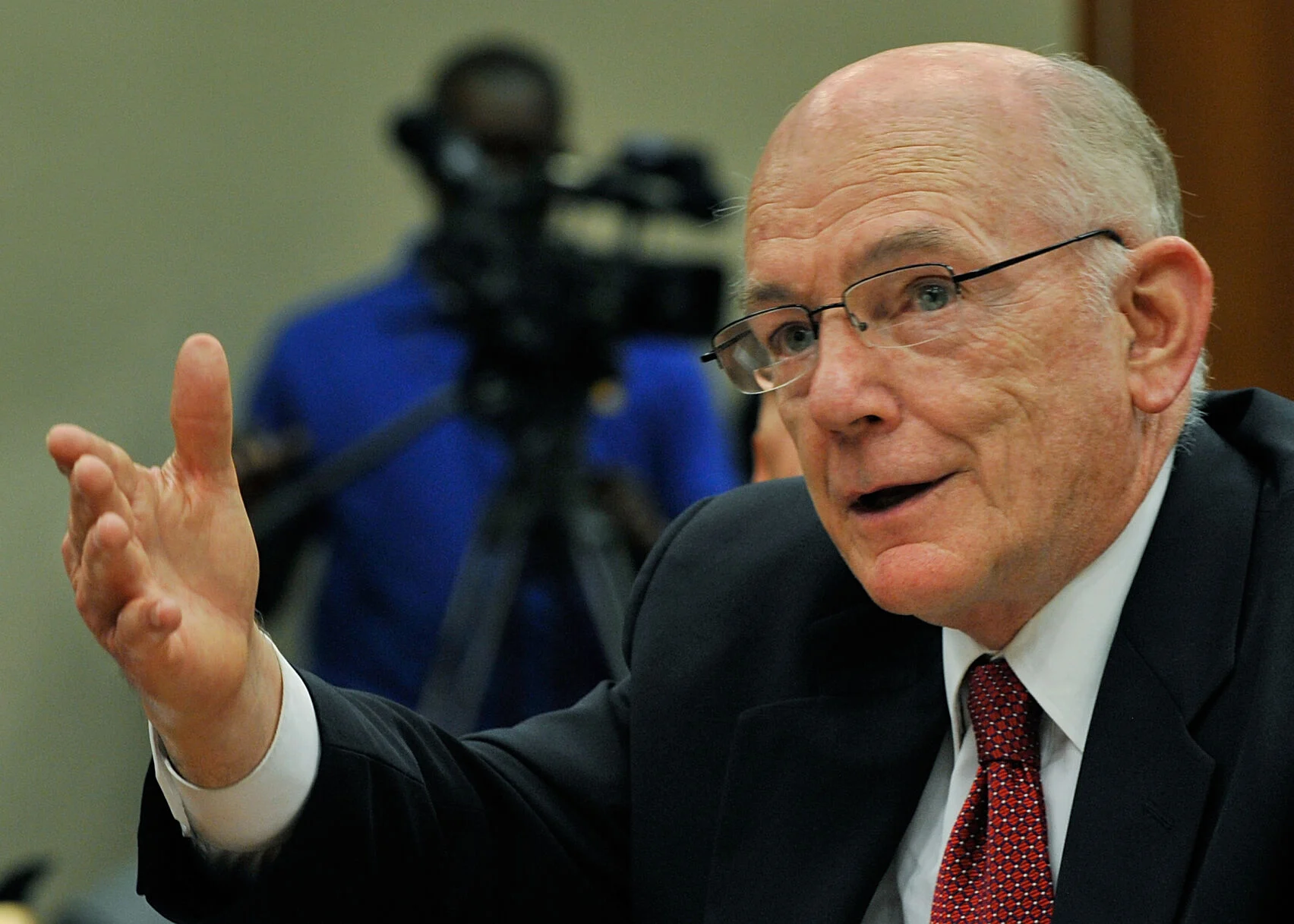Well past time to find a way to re-open U.S. 90
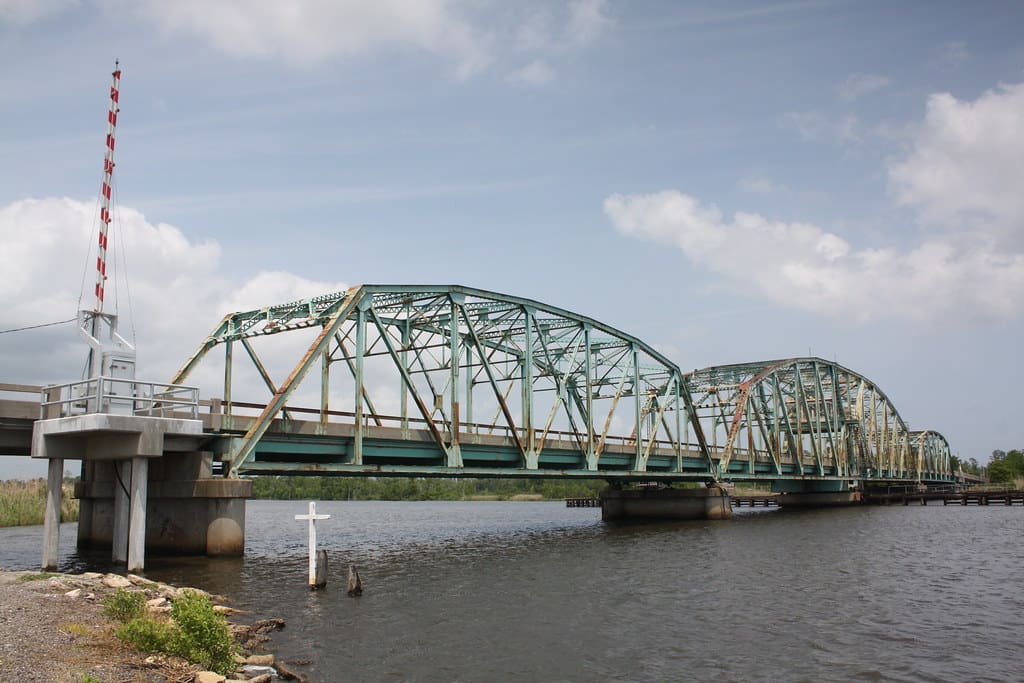
(Official Advocate/Times-Picayune editorial, Sept. 9)
As Congress returns to session and as hurricane season reaches its peak, federal and state officials should look with shame at the continued closure of 3.3 miles of U.S. 90 at the Louisiana-Mississippi state line.
After more than three years, the utter failure to produce a financial plan to replace five old, unsafe bridges along the highway is embarrassing. It’s also dangerous. East-West traffic flow along the Gulf Coast, no less than North-South flow away from the coast, is a crucial part of hurricane evacuation considerations and of post-storm aid and rescue operations.
And as tens of thousands of drivers have experienced through the years, any accident on Interstate 10 near either Pearl River bridge there can back up that highway for miles, making U.S. 90 a vital alternative route. Since May of 2022, that alternative has been unavailable, and multiple recent reports provide nothing more than the most ephemeral hopes for progress there anytime soon.
One would have thought that the 20th anniversary of Hurricane Katrina might have spurred some action, but alas, those thoughts would have been wrong. The state of Louisiana says the $350 million price tag is too high for it to bear, and so far, neither the federal government nor the state of Mississippi have ponied up, either.
As this paper has reported twice in the past six weeks, the bridge closures also have been economically devastating for the small town of Pearlington, Mississippi, and nearby communities. With that stretch of U.S. 90 closed, local bars, restaurants, convenience stores and other businesses all have struggled mightily.
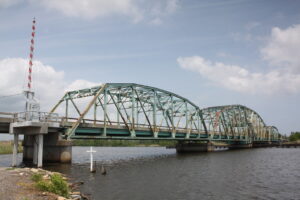
And for those needing emergency health care, delays caused by rerouting could mean life or death.
We understand that $350 million doesn’t grow on trees, much less in marsh grass. Still, with Congress having passed not one but three massive “stimulus” and “infrastructure” bills in the past six years, along with executive orders providing some fast-track (or at least faster-than-before-track) permitting for transportation projects, surely there should be reasonable access to federal highway dollars and concrete (no pun intended) plans to use them.
It’s not as if Louisiana doesn’t have power and access to knowledge of the system…. [The full editorial is at this link.]

